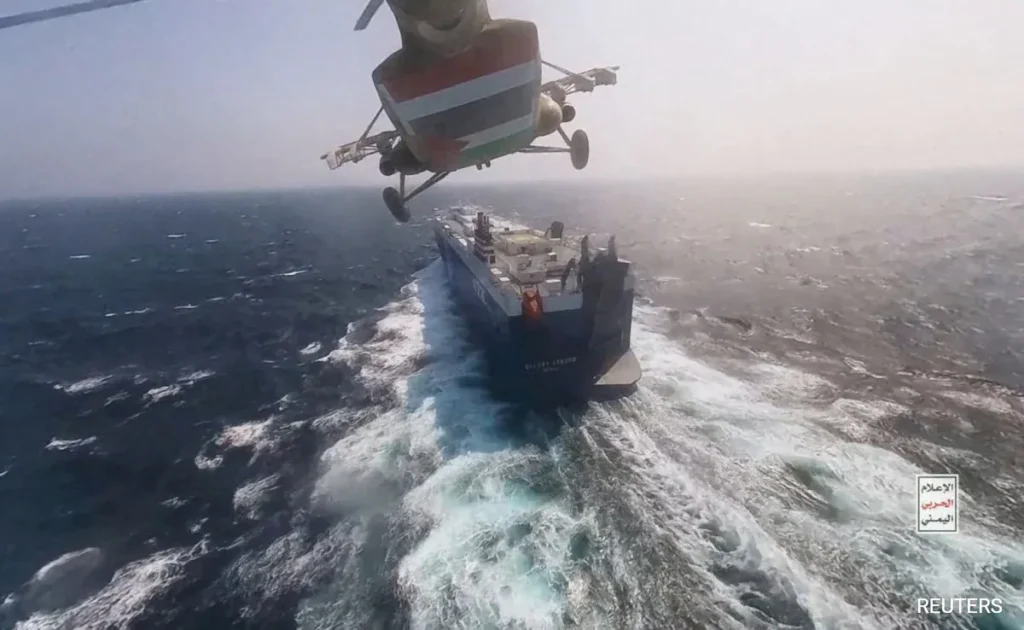The ongoing conflict in the Red Sea has raised alarming concerns about the potential for a larger, more widespread conflict with global implications, warns UN General Assembly president Dennis Francis. Speaking at a press briefing in New Delhi, Francis emphasized the extremely disturbing situation unfolding in the Red Sea, highlighting the dangers of regionalization and the possibility of triggering a Third World War.
Francis, who assumed the role of UNGA president in September, expressed deep unease about the situation, noting that third parties appear to be facilitating actions taken by the Houthis in the Red Sea. He stressed the need to avoid the regionalization of the conflict, emphasizing that escalation could lead to further escalation, making a Third World War a real possibility.
The veteran diplomat from Trinidad and Tobago underscored the devastating capabilities of modern weapons, emphasizing that a conflict in the present era would be far more destructive than previous wars. Francis also touched upon other global conflicts, including disputes in the South China Sea and the ongoing conflict between Israel and Hamas in Gaza.
Earlier in the day, Francis met with Indian Foreign Minister S. Jaishankar, where they discussed the state of the multilateral system and various global challenges. They also addressed the humanitarian situation in Gaza, the ongoing conflict in Ukraine, and India’s role in international forums like the G20. The president of the UN General Assembly commended India’s contributions in peacekeeping, sustainable development, and pandemic preparedness.
Turning his attention to the United Nations Security Council (UNSC), Francis emphasized the urgent need for reform. He highlighted that the current structure of the UNSC reflects a bygone era and does not adequately represent the geopolitical realities of today. Acknowledging the political divisions within the Security Council, he stressed that these divisions hinder the body’s ability to respond effectively to international security challenges.
Reform of the Security Council is deemed necessary, according to Francis, who pointed out that the council’s formation dates back to the post-1945 era and needs to adapt to the current global landscape. While recognizing the need for substantive engagement in the reform process, he noted that certain privileged members may be hesitant to lose their advantages.
Various reform proposals have been discussed, reflecting the widespread acknowledgment that the UNSC must undergo significant changes to address contemporary challenges effectively. Francis urged the international community to actively participate in the reform process to ensure a more representative and responsive Security Council.
As the world grapples with complex geopolitical challenges, the UN General Assembly president stressed the importance of addressing the root causes of conflicts and fostering international cooperation. He urged nations to work together to find diplomatic solutions and build a more inclusive and equitable multilateral system.
The remarks by UN General Assembly president Dennis Francis shed light on the critical global situation emerging from the Red Sea conflict and its potential ramifications. His call for UNSC reform and emphasis on diplomatic solutions underscore the need for collective efforts to navigate the complexities of the contemporary geopolitical landscape.
